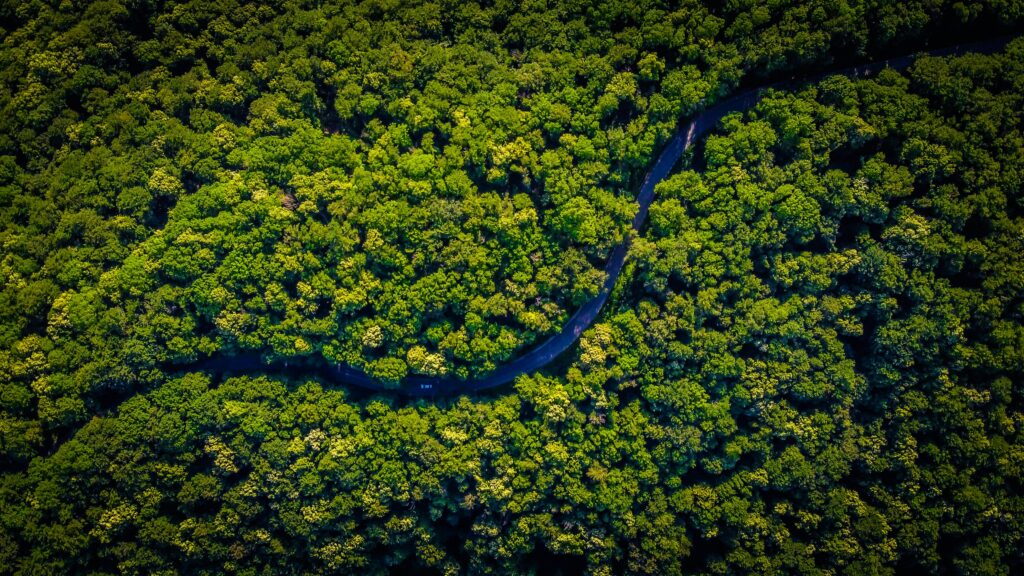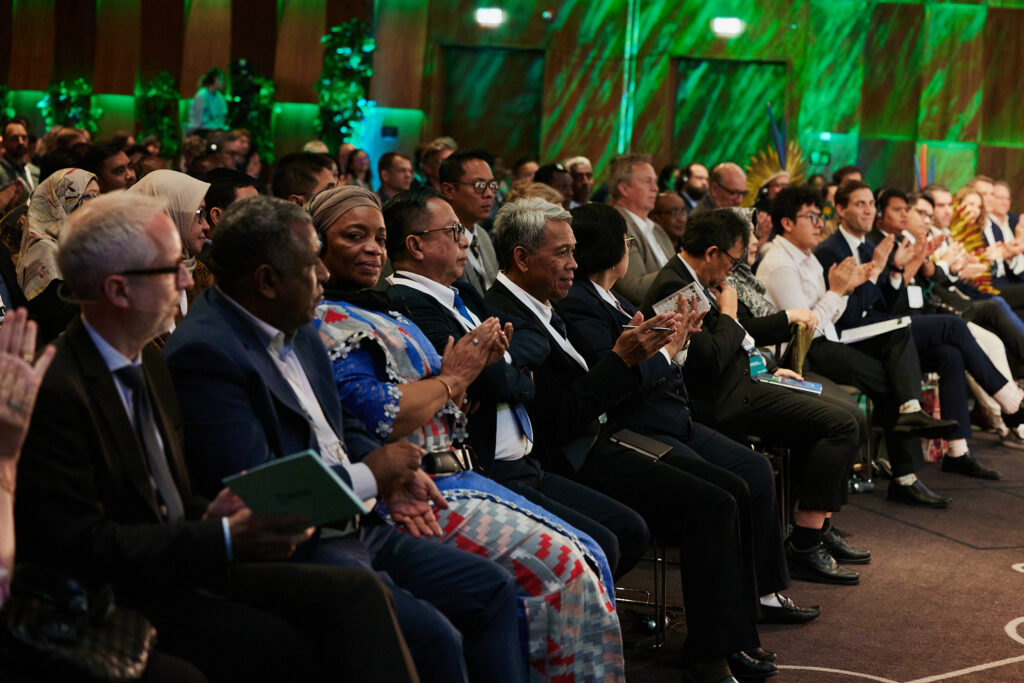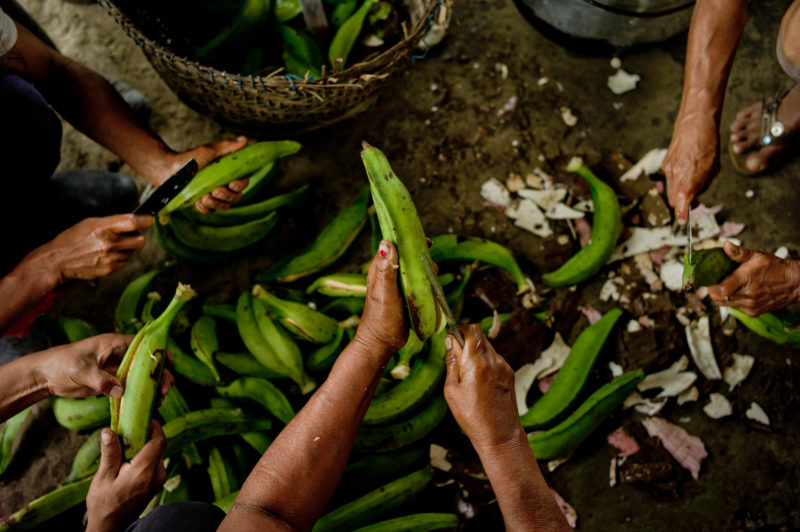
Carbon Markets and
International Support Structures
Forests are crucial for our planet’s health, yet it is often more profitable to cut them down than it is to protect them. Reducing forest loss is in every nation’s best interest. International support can accelerate countries efforts and help them do more, faster. Reduced emissions from deforestation benefit the entire world.
That is why mobilizing large-scale climate finance for reduced deforestation has been a key priority for NICFI since the beginning in 2008. We work to make forests more valuable alive than dead.
Results-based payments at the core of our work
REDD+ is a climate change mitigation framework aimed at reducing emissions from deforestation and forest degradation, while promoting conservation, enhancement, and sustainable management of forests. The concept of REDD+ was included in the climate agreement from 2010, and thoroughly highlighted in the Paris Agreement.
 Photo: Guro Sommer/NTB Kommunikasjon
Photo: Guro Sommer/NTB Kommunikasjon
Under the framework for REDD+, developing countries can receive results-based payments for emission reductions when they reduce deforestation.
So far, the international community has failed to mobilize a sufficient level of finance to adequately address forest loss and encourage forest protection.
There is now agreement on the broad norms for REDD+ and there have been successful pilots of forest carbon payments through bilateral transactions and multilateral initiatives such as the Green Climate Fund and the World Bank’s Forest Carbon Partnership Facility. Now is the time for standardisation and scale.
Carbon markets to accelerate investments in rainforest deforestation
Carbon markets can be a powerful tool to mobilise, unlock, and scale finance for forests. By creating a structure for carbon transactions – either on a regulated or voluntary basis – such markets can attract much needed investments, particularly from the private sector.
Many companies are eager to purchase emission reductions from tropical forests. But for carbon markets to be meaningful and effective incentive structures to reduce forest loss, they must be implemented with strong environmental and social safeguards. With a good framework, we can make sure the programs have not had a negative environmental or social impact and genuinely contribute to emission reductions.
Jurisdictional REDD+ drives change at scale by tackling deforestation at the national or state levels. The approach means paying for verified emission reductions for an entire country or state.
- Drives change at scale by tackling deforestation at the national or state level
- Increases ambition and pace in tackling deforestation
- Works with national and subnational governments who can address the root causes of deforestation through legislation and incentives
- Ensures that results are real and additional, including social and environmental safeguards while reducing risks of leakage and reversals
- Robust benefits-sharing plans ensures that finance flows to Indigenous Peoples and Local Communities on the ground.
Strategy for our work with carbon markets and international support structures
NICFI has supported the development of a high-integrity voluntary carbon market in several ways. We have supported:
UN-REDD programme, which assists countries in developing the necessary frameworks and capacities to build jurisdictional REDD+ programs and access results-based finance.
The World Bank’s Forest Carbon Partnership Facility (FCPF), which through its Readiness and Carbon Funds have supported 47 in building national REDD+ strategies and robust systems to measure, report and verify emission reductions from forests. 15 countries have gone on to establish results-based programs.
The Architecture for REDD+ Transactions (ART) and its REDD+ Environmental Excellence Standard (TREES) that provides a standardised framework to measure, certify and register high-quality emission reductions. This framework can be used in both voluntary and compliance carbon markets.
 Photo: Tomas Munita/CIFOR
Photo: Tomas Munita/CIFOR
Emergent, a forest finance facility that connects private carbon buyers with forest countries. The goal is to stimulate demand and supply. In addition, Norway through NICFI, together with the US, UK, the Republic of Korea and more than 25 leading companies, have launched the LEAF Coalition. The Coalition is expected to become one of the largest ever public-private efforts to help protect tropical forests. This will benefit billions of people depending on them, and support sustainable development. To date, the LEAF Coalition has mobilised over one billion USD and facilitated landmark deals with Costa Rica and Ghana to supply high-integrity ART-TREES credits.
